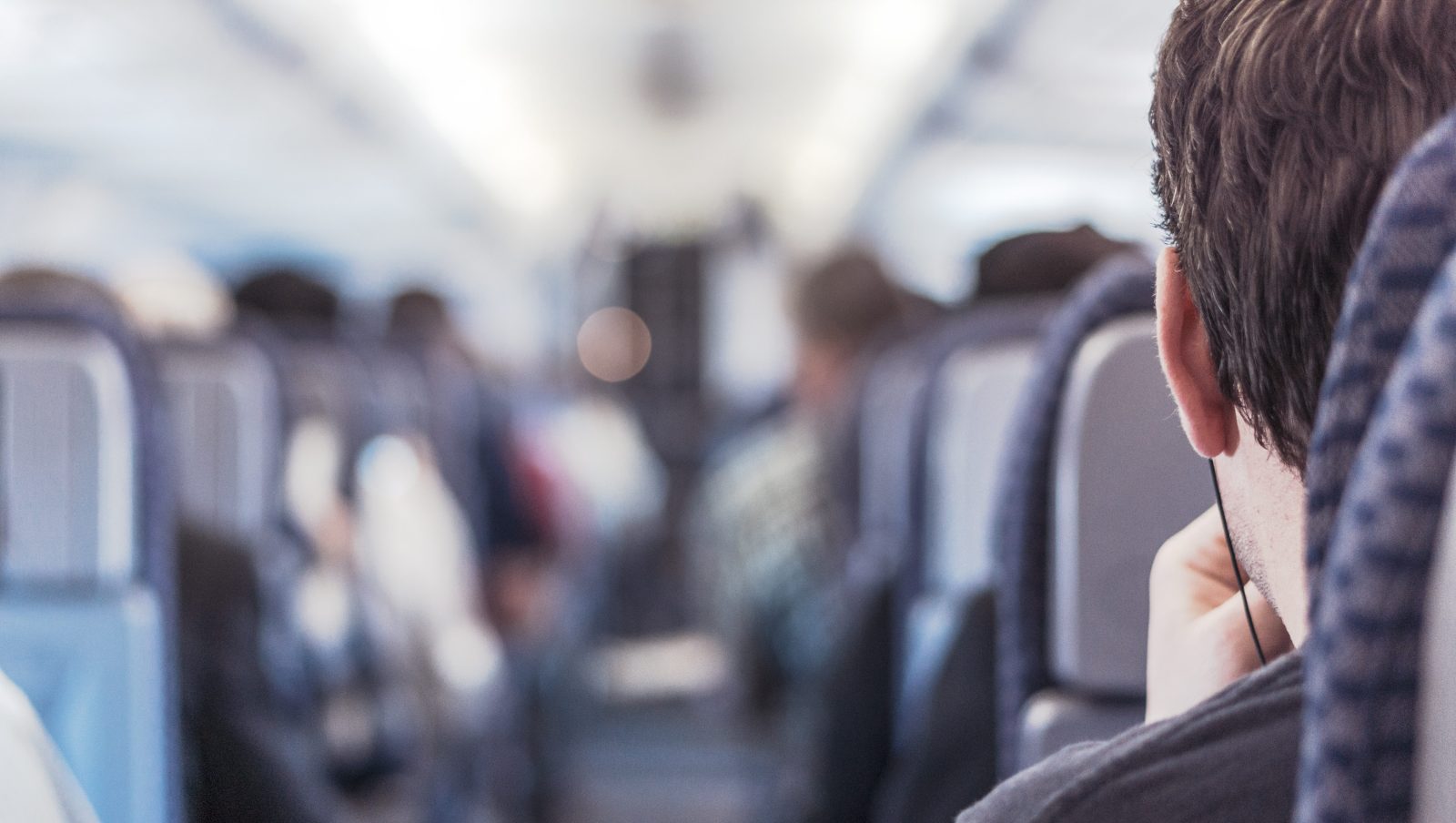
Here’s a controversial suggestion and one which may well divide opinion – but first let me explain the backstory. Cabin crew or flight attendants (whatever your preferred name is) are never going to be rich – Okay, some old contracts aren’t that bad at all and pay can vary from airline to airline but the general point remains. A flight attendant isn’t going to be rolling in cash.
Of course, many flight attendants take up the job for the unique work environment and the fact that they’re getting paid to travel. And then there are the perks – most famous of the all are the free flights and heavily discounted tickets. Effectively, many flight attendants are able to live a ‘Rolls Royce lifestyle’ with a tiny budget.
It’s a fantastic benefit and one that is sure to create envy in wanderlust non-cabin crew. But what happens when the only reason a flight attendant is keeping her job is for the travel benefits and perks? She hate’s the job, goes through the motions, is barely able to crack a smile and never, ever goes above and beyond to help a customer.
Sadly, it’s not that uncommon at all. Okay, everyone can get bored of their job – or go through periods when you’re not ‘feeling it’. But what if your behaviour is seriously affecting the passenger experience? You’re a drain on resources, breaking the team spirit and ruining the atmosphere on the plane. It’s time to go but you can’t bear to lose your travel perks.
And the thing is, other than having worked at an airline for a set period of time, flight attendants haven’t done anything to deserve those perks. They’re undoing all the good work that they’re colleagues have worked tirelessly to achieve and lowering morale at the same time.
In the eyes of airline managers, all flight attendants were created equal
In the eyes of the airline, however, the good and bad flight attendants are identical – everyone gets the same salary and the same perks. Surely this has got to change? Shouldn’t we now be rewarding excellent performance while simultaneously challenging those who don’t meet expectations?
This isn’t to say that airline’s don’t already have methods to address seriously bad behaviour or performance that falls way short of minimum standards. But flight attendants really have to go some way to fall into this category and then the only sanction available is dismissal.
Is it time to award staff travel privileges on an annual performance review?
So this is the proposal – award staff travel benefits on an annual performance review. It’s as simple as that. Even better would be to award bonuses based on individual performance as well. At the moment, most airline’s pay out dividends based on the entire company’s performance.
Take Qantas as an example – All 30,000 employees are to receive a $2,500 AUD bonus this year. It doesn’t matter whether some employees haven’t contributed a single thing to the airline’s performance this year – they’ll still receive the bonus. Or how about Emirates. Earlier this year, staff were informed there would be no staff bonus because of its poor financial performance – hardly an incentive to work harder if you’ve been going above and beyond for your passengers.
The ‘carrot and stick’ approach
For lack of a better phrase, think of it as a ‘carrot and stick approach’ – the carrot is a personal bonus, the stick is the removal of staff travel privileges. The problem, of course, is how an airline goes about monitoring the behaviour of individual crew members. Flight attendants work with different crew on nearly every flight. They might have a manager but they could go an entire year without seeing them.
Then, how do you judge a good flight attendant from a bad one? Should you just rely on passenger feedback? That could be dangerous as it might not accurately reflect the effort a flight attendant is putting into their job. Or how about carrying out supervisor-led assessments? That can be easily cheated.
Not that airlines are being put off by these challenges. A number of major carriers are actively exploring ways to monitor, judge and rank their flight attendants based on a number of criteria. In our opinion, it’s only a matter of time before individual performance is linked to the perks of the flight attendant job.
Mateusz Maszczynski honed his skills as an international flight attendant at the most prominent airline in the Middle East and has been flying ever since... most recently for a well known European airline. Matt is passionate about the aviation industry and has become an expert in passenger experience and human-centric stories. Always keeping an ear close to the ground, Matt's industry insights, analysis and news coverage is frequently relied upon by some of the biggest names in journalism.







